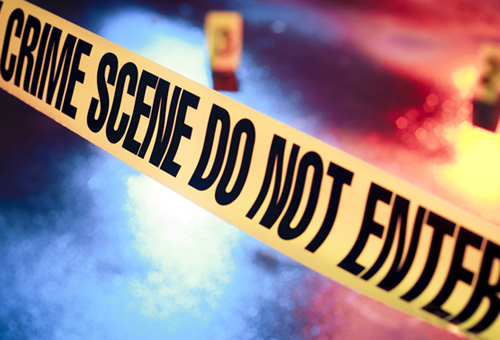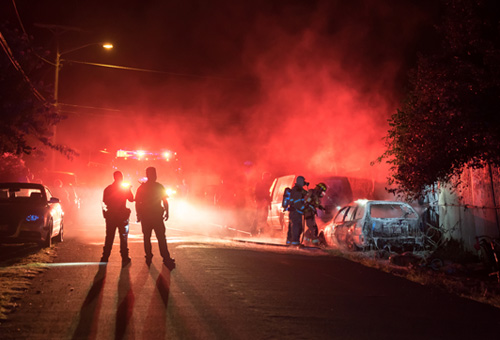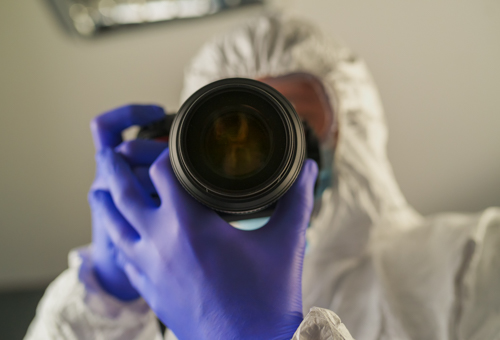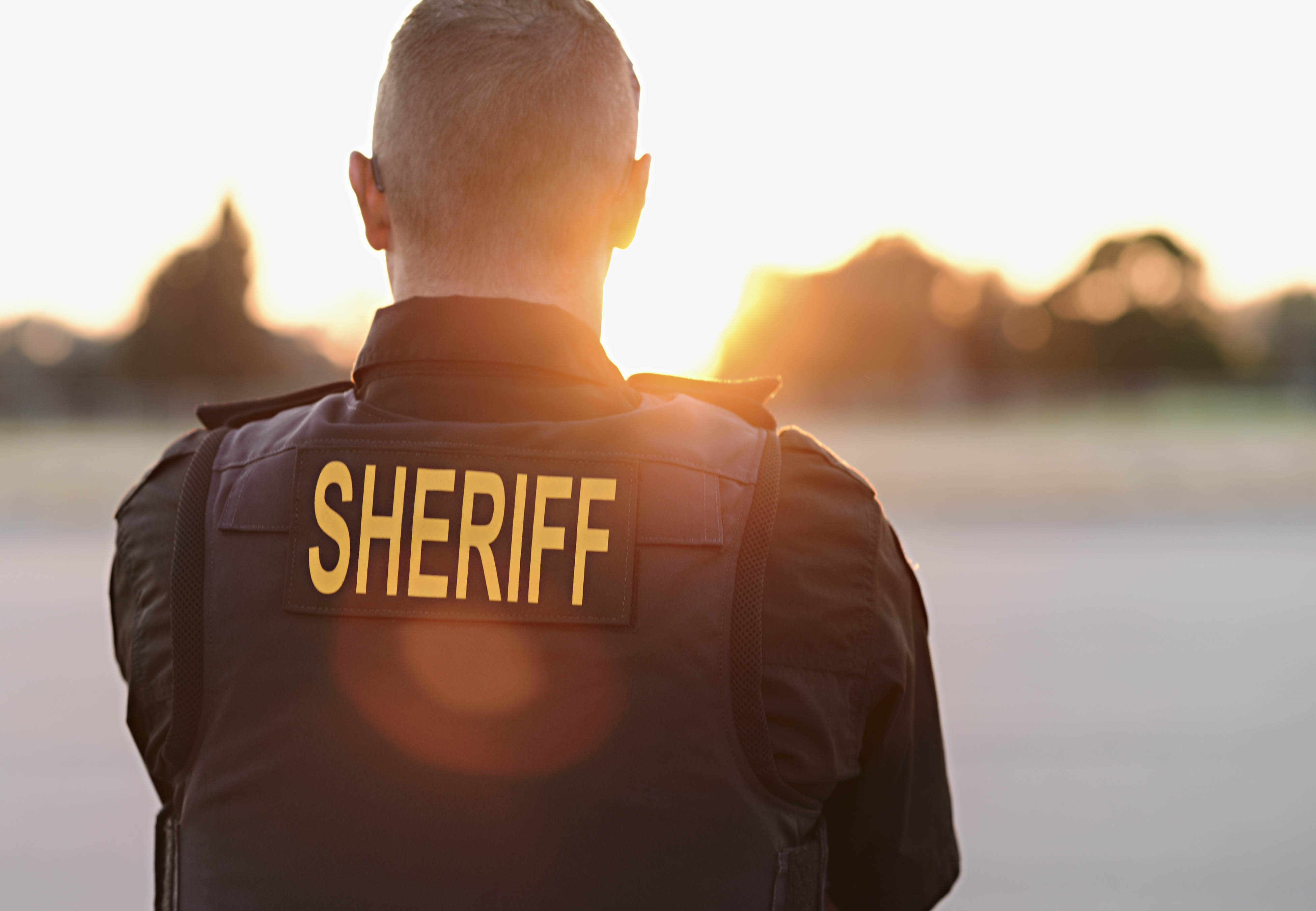


Explore the challenges involved with no body homicide investigations. Most start as missing persons cases; the suspect’s head start coupled with the absence of the victim’s body leaves gaping holes in the investigation. Join us to hear from experienced instructors as they provide the framework and tools to build a prosecutable circumstantial case—regardless of the age of the case—from proving the victim is dead using established practices such as victimology, interviews, documents/records/digital footprint to search strategies and best practices in documentation. This training will also provide established prosecution strategies that maximize the likelihood of success. During instruction, there will be an opportunity to share your case as a class participation case study exercise.

Provide participants with the knowledge and tools to better serve victims of crime. The goal of this conference is to provide examples of positive victim assistance programs as well as resources for multidisciplinary approaches to serving victims of crime. Attend this conference to build upon your services and systems to best fit the needs of our communities.

Technology has transformed how we investigate crime scenes, and mobile devices are central to this evolution. This webinar will explore how cell phone data—collected through cell site dumps, area dumps, and real-time device “pinging”—can identify suspects, locate witnesses, and support or refute alibis. We'll explain how signals like Wi-Fi, Bluetooth, and other device emissions—digital DNA—can be documented and analyzed to identify unknown individuals at the scene. Whether in a crowded public area or a remote location, these invisible digital breadcrumbs can provide key leads in investigations.

Explore investigative strategies that address the relationship between child sexual abuse and child sexual abuse materials (child pornography) to supplement an investigation and corroborate victim statements. Gather new tools and resources for the most comprehensive case outcomes.

Join other investigators to gather new information and tools for investigating fire and explosion related deaths. Examine the principles of fire behaviors, areas of focus in fire related deaths, working with the medical examiner’s office and evidence/scene safety considerations.

Explore strategies for conducting death investigations that occur from several origins. Learn how to evaluate the crime scene, conduct effective interviews and interrogations, develop case leads, utilize investigative resources (crime laboratories, medical examiners), and comprehend medical autopsies.

Explore strategies for conducting comprehensive sexual assault investigations. Learn how to support victims, gather and maintain evidence, manage crime scenes, conduct effective interviews and interrogations, utilize investigative resources (SANE nurses and support services), and prepare cases for prosecution.

Examine suspicious death case studies based on the experiences of a homicide detective and forensic pathologist. Identify key scene findings, review actual cases and correlate these findings to the autopsy results. This course will discuss improving case outcomes through strong relationships between investigating agencies and the medical examiner’s office. Students will gain appreciation of how unique case features can affect the direction of the investigation. The ultimate resolution of each case examined will be considered and applied lessons learned are shared during the course.

Develop and enhance the skills of the 21st Century criminal justice instructor or trainer. Examine how adults learn and explore effective instructional methods. Develop a structured learning plan, apply adult-learning techniques, utilize instructional technology, evaluate learner retention strategies, and the legal implication of instruction.

SORN programs typically experience significant challenges related to staff turnover, inadequate resources, court challenges, and lack of skill development opportunities. Whether you are new to this area of work or are experienced, join us for an intensive two-day skill development training designed specifically for SORN personnel. During the training, we will cover an introduction and overview of SORN laws, registration of offenders, community notification to the public, and enforcement and compliance issues. Advanced skill development such as registrant monitoring and compliance, and community notification meetings will also be covered. Participate in this interactive training which includes educational information, ready-to-use resources, case studies, interactive discussion, and opportunities to apply learned skills.
